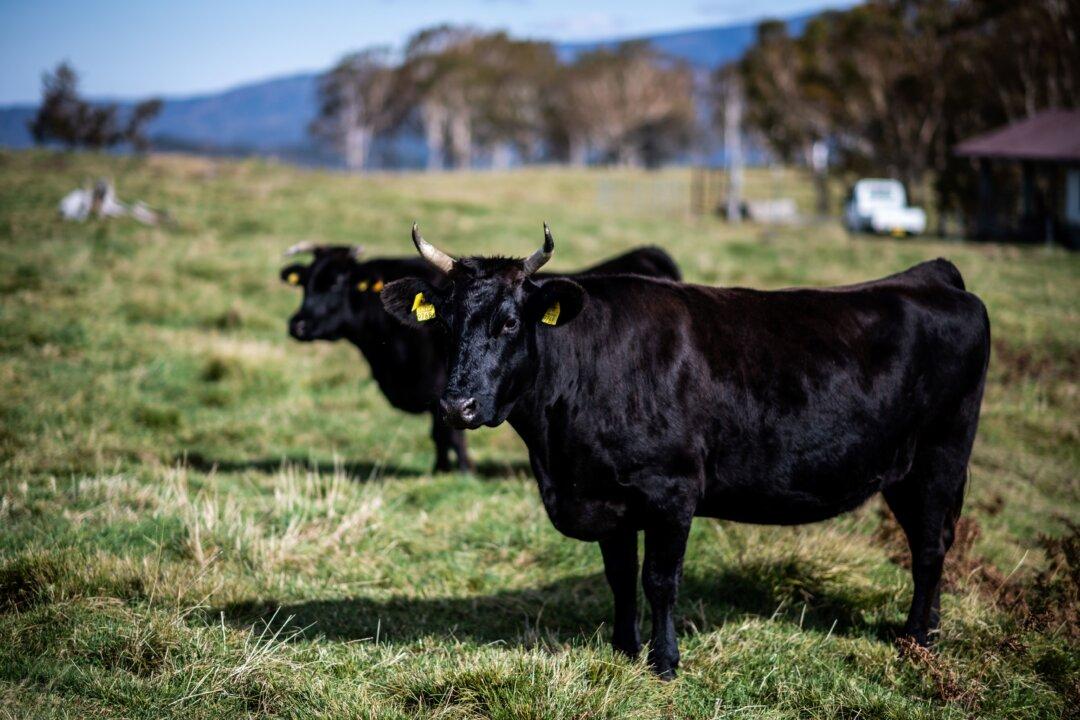Two Japanese men were recently arrested in Osaka prefecture on suspicion of trying to smuggle fertilized eggs and sperm of wagyu, or Japanese-bred cattle, to China.
Wagyu is treated as a national treasure, as the cattle are exclusively bred to have intensive marbling and tenderness in their meat. Since the 1990s, the Tokyo government has prohibited the export of the cattle’s genetic resources. Today, exports of wagyu are still very limited; thus, the meat commands high prices.





